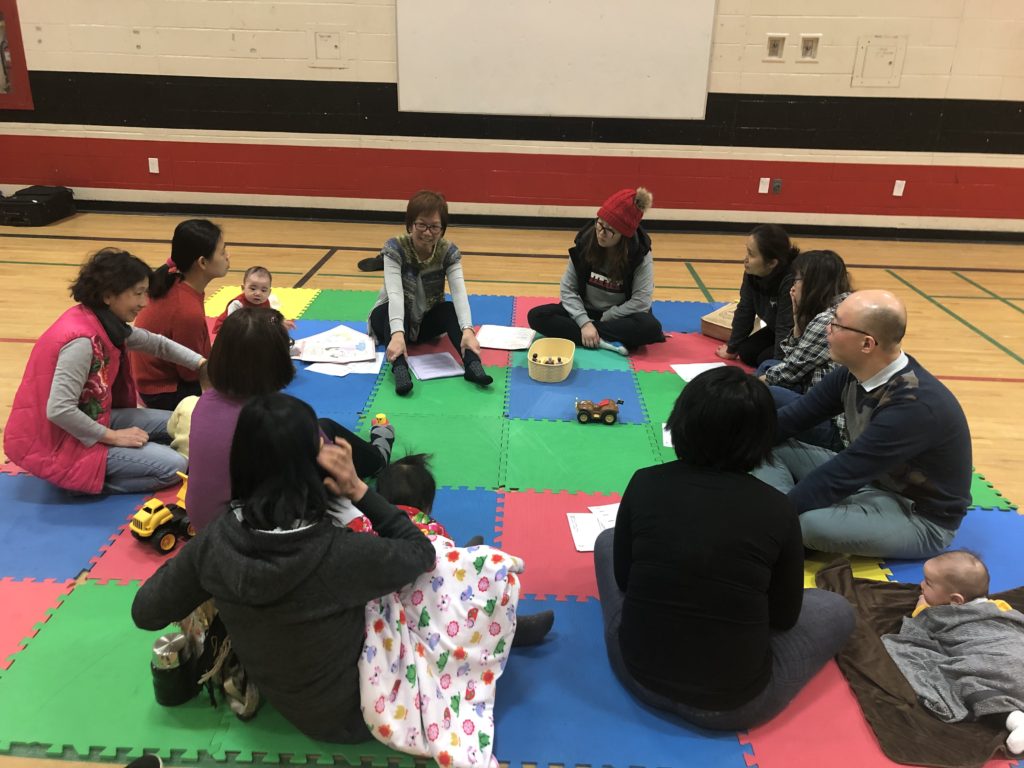January 13, 2021
Grant from ECF opens up access to technology for clients of the Multicultural Family Resource Society
The way society has adapted to the pandemic has underlined how important technology is in our modern day-to-day lives — and the Multicultural Family Resource Society (MFRS) is helping connect those who lack that access.
“Ten or 20 years ago, if we had this pandemic, what would we do?” says Ashima Sumaru-Jurf, MFRS’s co-executive director. “[Technology] is so integrated — or we take it for granted, those of us who have access to it — that it’s now the expectation.”

Since 2005, the MFRS has taken a culturally-responsive and participant-driven approach to serving immigrant and refugee families and individuals. Their programming includes parenting and youth groups, language classes, sexual health and education, violence prevention, emergency support, and more. The MFRS received $60,000 from Edmonton Community Foundation’s Emergency Community Support Fund (ECSF), to create its Technology Ambassadors program, which will provide much-needed technology for at least 50 families.
Together, the Canadian Red Cross, Community Foundations of Canada and United Way Centraide Canada are collaborating with the Government of Canada to flow ECSF support to those who need it most right now.
The specific items each family receives will be determined by their particular needs: Sumaru-Jurf notes that MFRS is directly working with the families to determine what they require.
“Maybe a family has a phone, and all the kids are trying to do online schooling through a phone — they could really benefit from a laptop,” she explains. “Another family might [need] something more portable, like a tablet.”
The funding will also provide a year of internet access, and support. The MFRS program includes training four youths from these communities to help recipients get a handle on their new technology. The youths will work with families and individuals in first languages to ensure they know how to use their new devices.
“A secondary outcome of this program is meeting the needs of youth who are underemployed or unemployed in the communities we’re serving,” Sumaru-Jurf says. “So that that cultural-social connection is really strong between them, and that work experience is something that’s a secondary benefit.”
Learn more about ECF’s response to COVID-19.